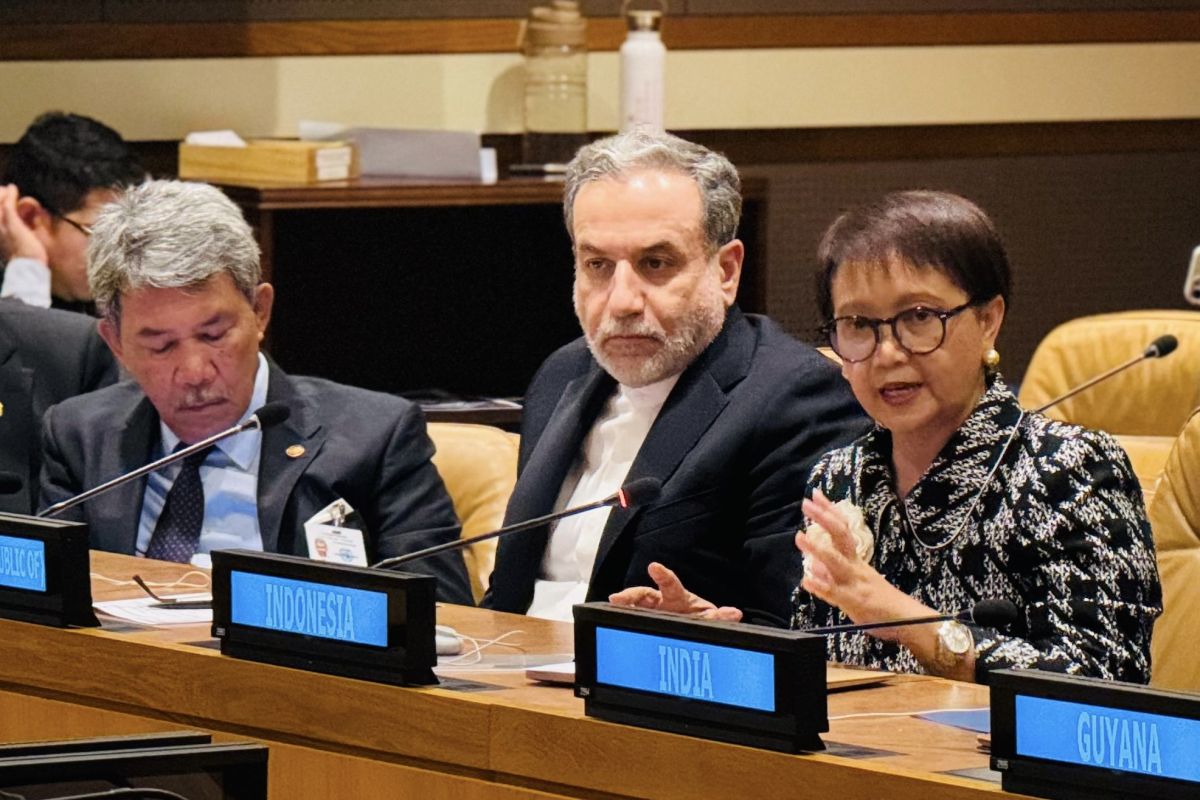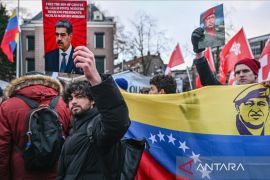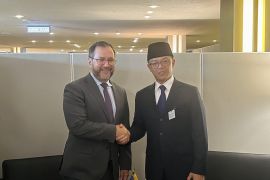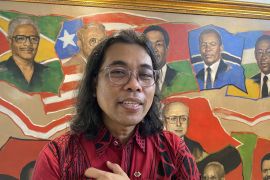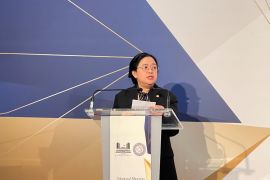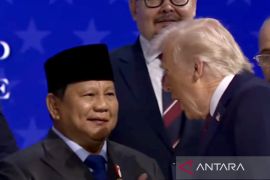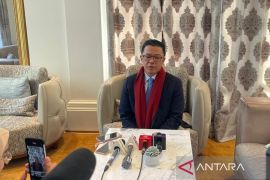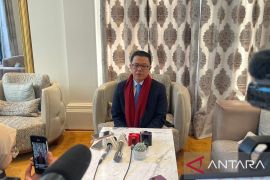According to her, NAM countries must use their influence to advance two main things: increasing the number of countries that recognize Palestine and encouraging the effective implementation of UN General Assembly Resolution ES-10/24.Jakarta (ANTARA) - Foreign Minister Retno Marsudi has emphasized that Non-Aligned Movement (NAM) countries must continue to use their influence to help Palestine, which has yet to achieve independence.
During the Ministerial Meeting of the NAM Committee for Palestine, held on the sidelines of the 79th Session of the UN General Assembly in New York on Thursday local time, she highlighted the importance of recognizing the struggle for the sovereignty of the Palestinian people.
"Recognition (of Palestine) is very important. Recognition gives hope to the Palestinian people, it is a crucial step toward the creation of a two-state solution, and creates political pressure on Israel to stop its atrocities," she explained.
According to her, NAM countries must use their influence to advance two main things: increasing the number of countries that recognize Palestine and encouraging the effective implementation of UN General Assembly Resolution ES-10/24.
The resolution demands an end to Israel's illegal presence in Palestinian territories.
NAM comprises 121 countries that are not formally allied with any particular great power bloc. Among the NAM countries, only Palestine has not achieved independence.
In addition to Indonesia, the NAM Committee for Palestine includes Algeria, Iran, South Africa, Zimbabwe, Malaysia, Cuba, India, Venezuela, Egypt, and Senegal.
Earlier, during the UN Security Council High-Level Open Debate forum on Wednesday, Marsudi questioned the leadership of the Security Council in creating peace at a time when conditions in Palestine are continuing to deteriorate.
With the worrying situation in Palestine, where 41 thousand people have lost their lives, millions of others have been displaced, and access to aid has been cut off, the global community should question their sense of humanity, she added.
"If we cannot enforce UNSC-mandated tools to maintain peace, what remains of Council leadership for peace?" the minister asked.
Indonesia then offered ways to restore credibility and trust in the UNSC by seeking more democratic leadership and involving more parties.
"Indonesia calls for a more democratic mechanism for effective decision making to avoid inactions, in the face of grave threats to international peace and security," she emphasized.
Related news: Mikdad calls for strengthening NAM role
Related news: Indonesia questions UNSC role in peacebuilding amid Gaza conflict
Translator: Nabil Ihsan, Yashinta Difa
Editor: Arie Novarina
Copyright © ANTARA 2024
